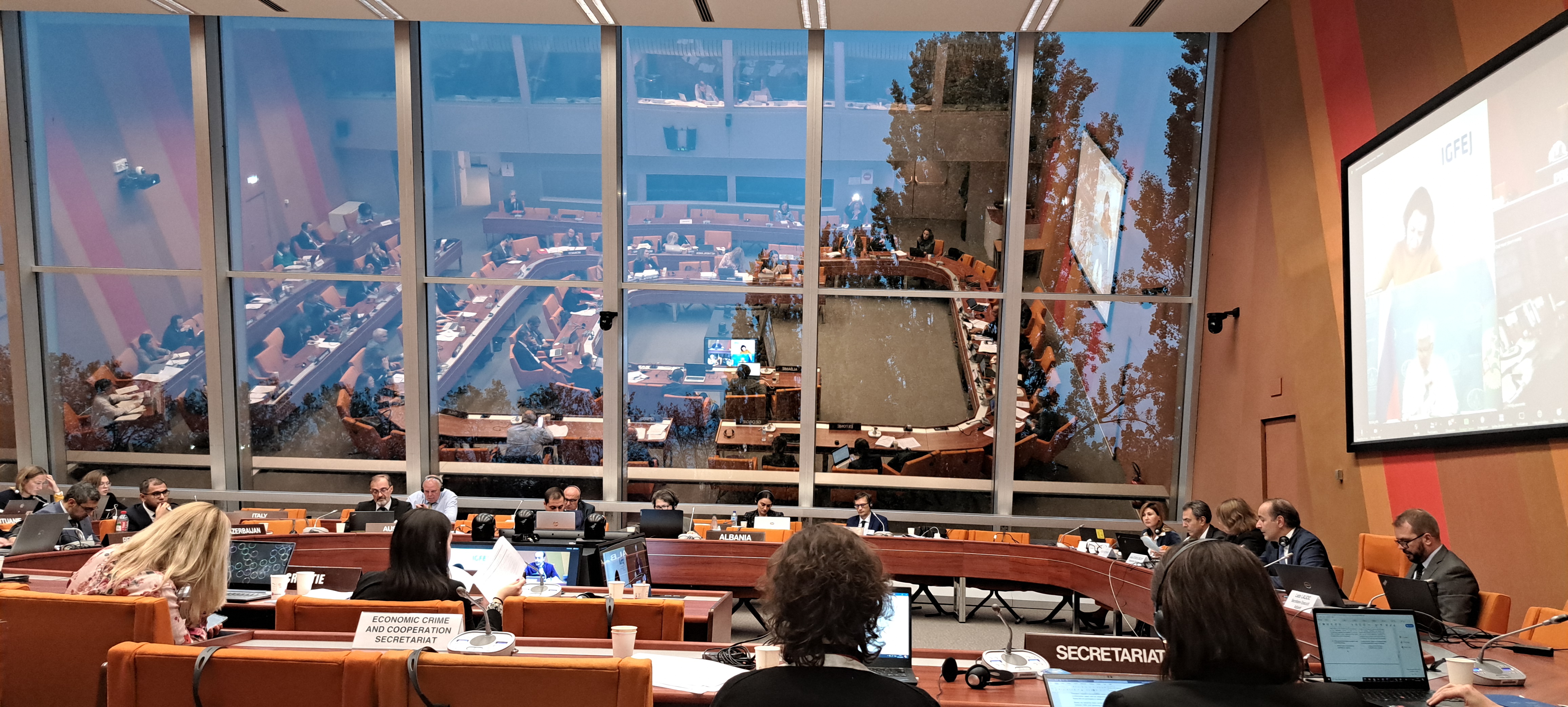COP198 Publishes Follow-Up Report on Articles 11, 14 and 25 of the Warsaw Convention
In a report published today, the Conference of the Parties to the CETS 198 acknowledged the progress made by Azerbaijan and San Marino in implementing Article 25 (‘confiscated property’) of the Warsaw Convention. The report also concluded that other States Parties, selected for the follow-up procedure, had not yet introduced legislative or other measures to comply with the requirements of this article. With regard to Article 11 (‘international recidivism’), the report noted a limited progress by the selected States Parties and called for their urgent actions in incorporating this article’s provisions into national legislations. Finally, the report recognised some positive steps taken by the State Party selected for the follow-up procedure on Article 14 (‘postponement of suspicious transaction’), but nonetheless concluded that there is a need for further progress by the Party to fully transpose the requirements of this article at the national level.
Given the results of this round of the follow-up procedure, the Conference of the Parties decided to apply Rule 19bis (25) of the Rules of Procedure in relation to these Parties which did not apply the above-referred articles to a satisfactory extent. These States Parties have also been invited to report back in 2024.




